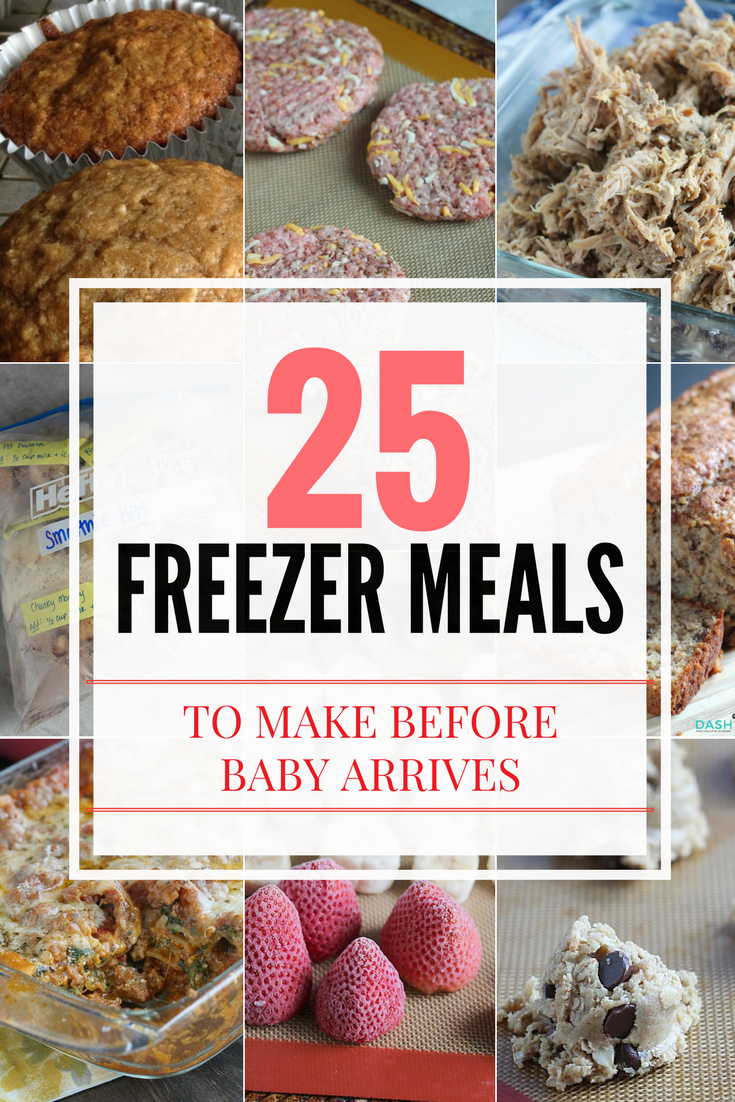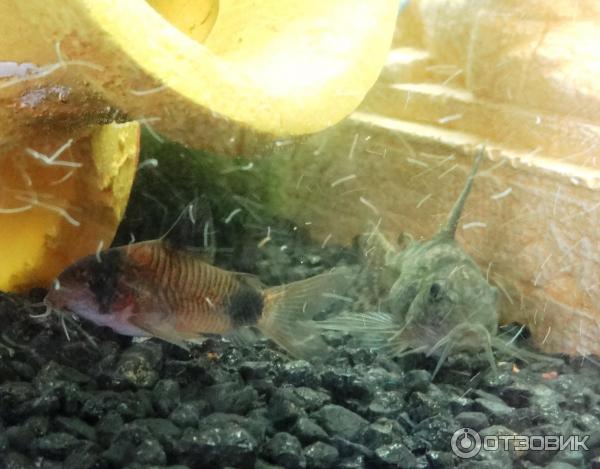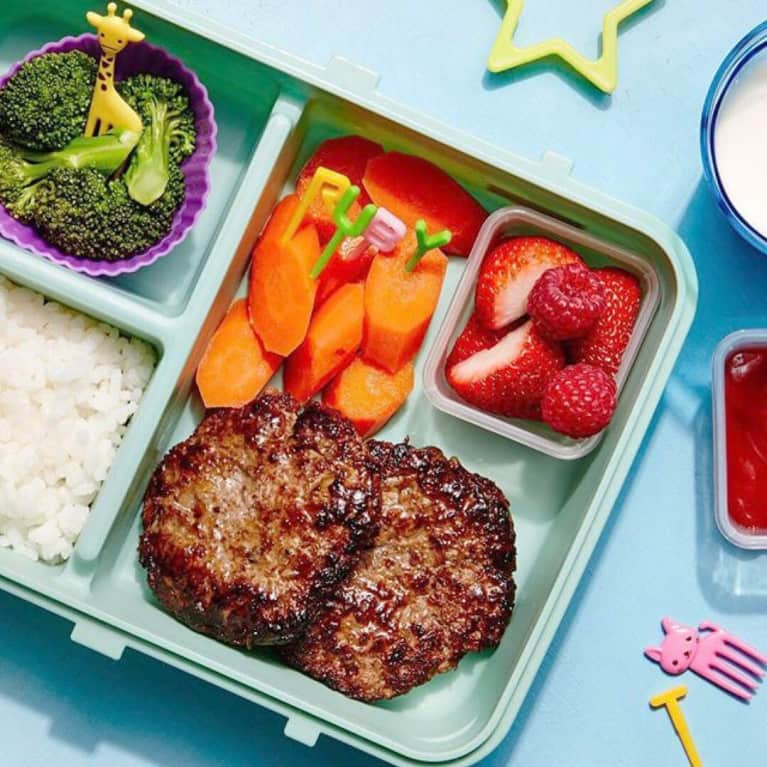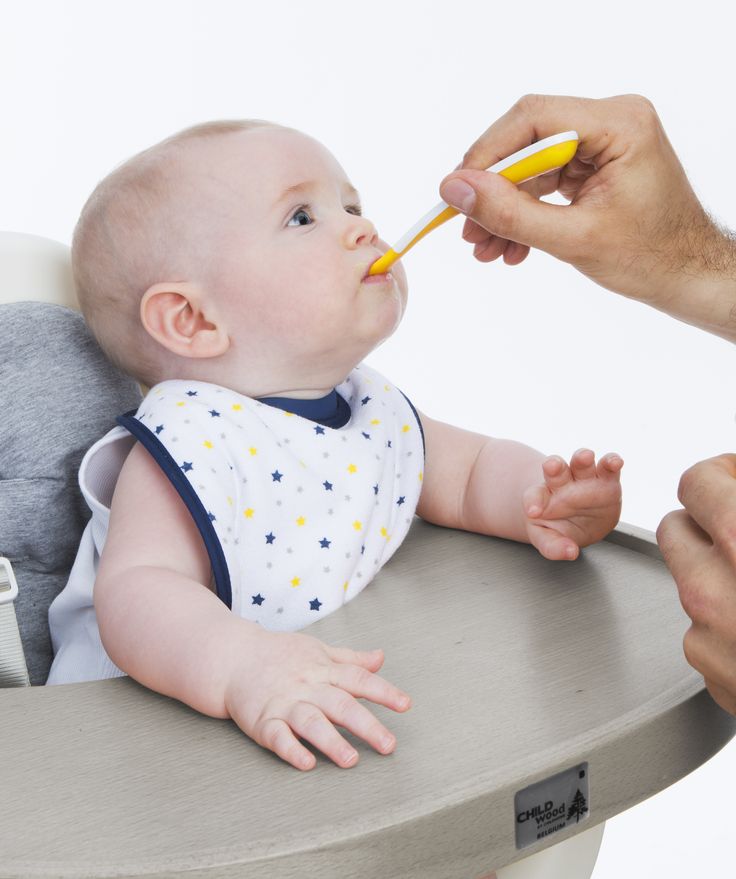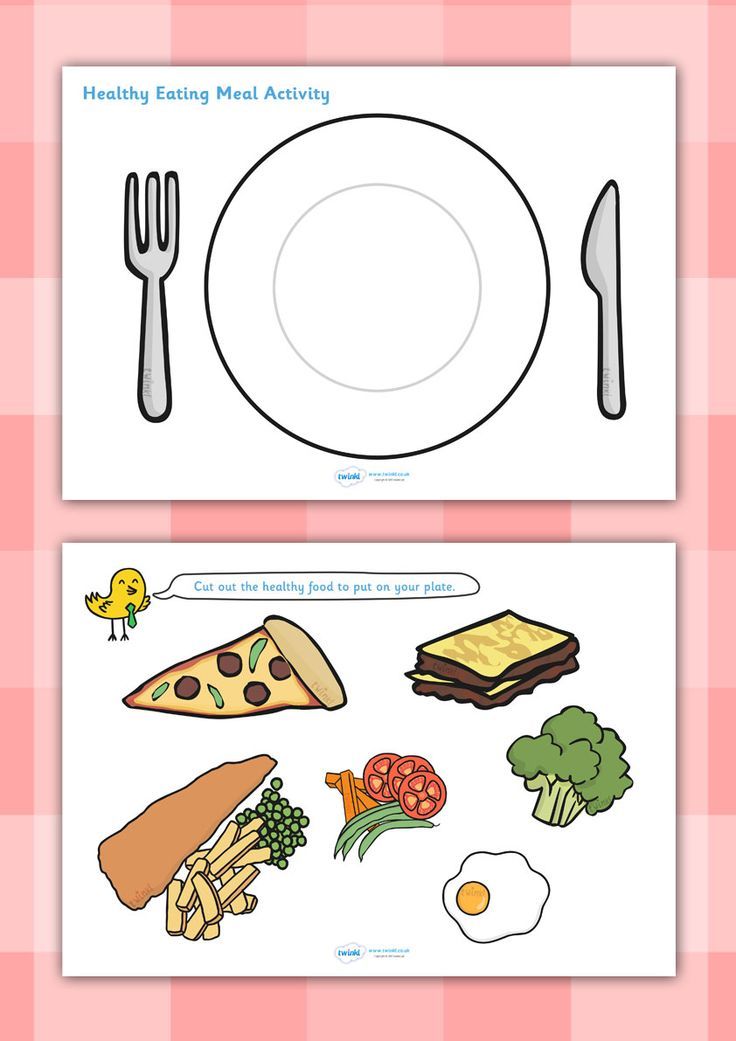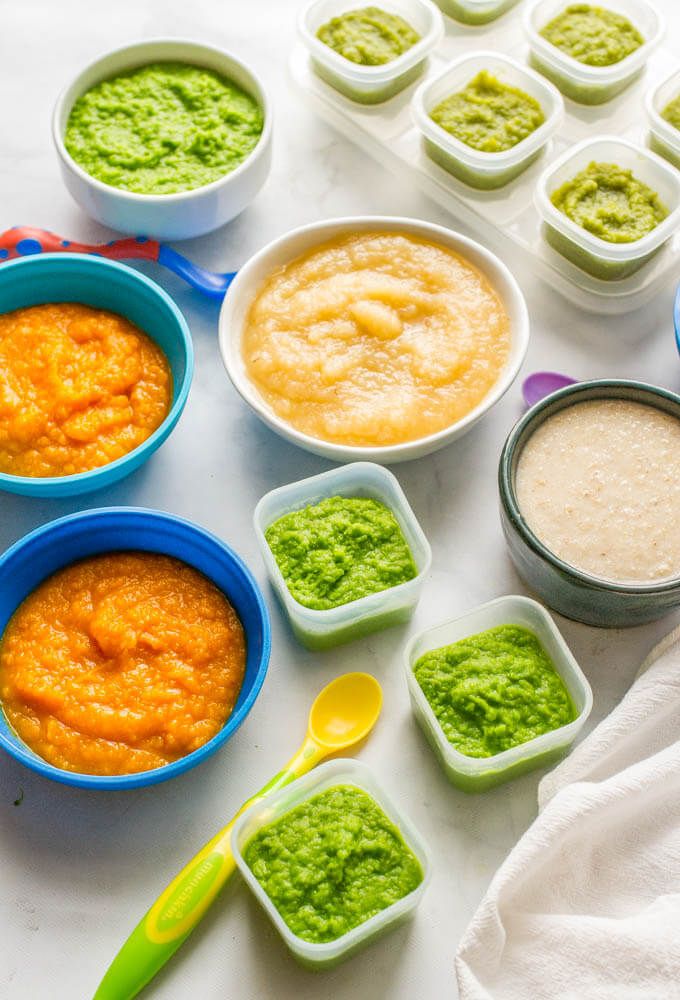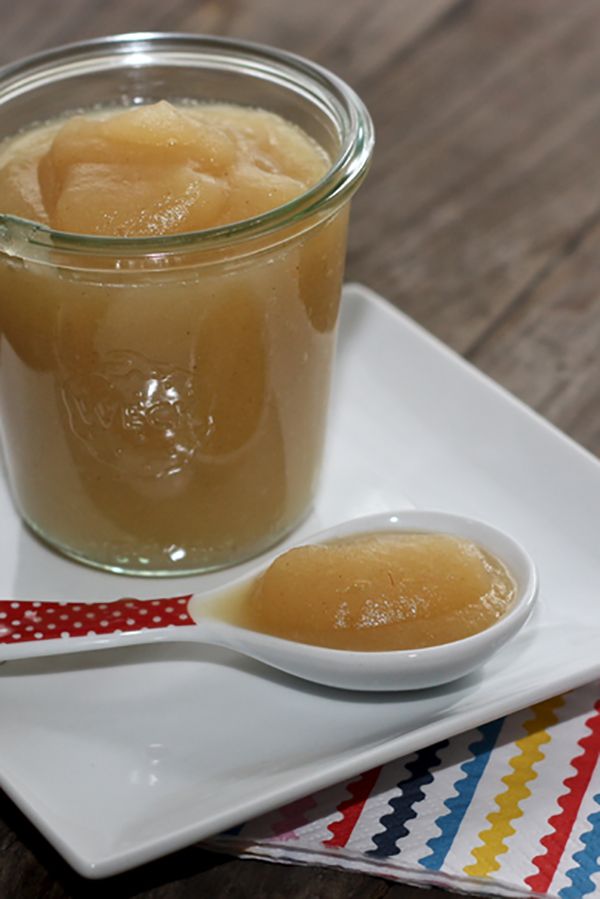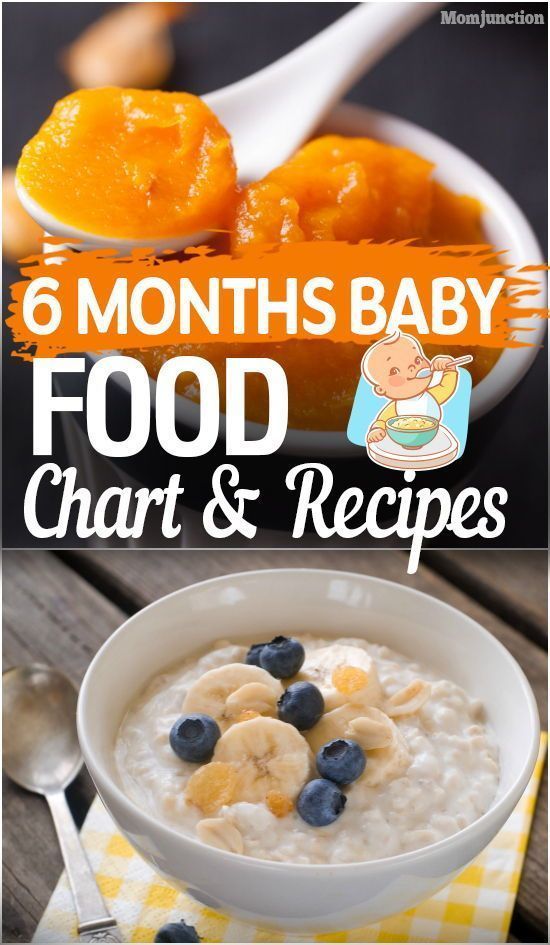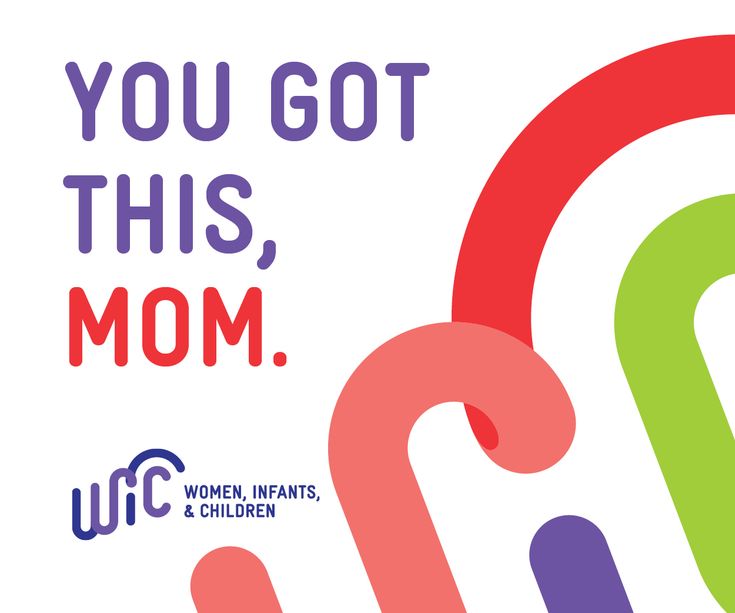Foods to stock up on before baby arrives
Essential Household Items to Stock up on Before the Baby Arrives
339 shares
- Share
- Tweet
Life with a newborn could be very time consuming, so making sure that you stock up on essential household items before your baby’s arrival is crucial.
Chances are you already know all the obvious items you should stock up on- wipes, diapers, burp rags, etc… but what about the not so obvious items?
So, why stock up on household items in preparation for your baby’s arrival?
Short answer… to save your sanity!
But, let me put some things into perspective.
So, imagine this… You were just discharged from the hospital and you are bringing your baby home for the first time. Things are going well but you are still getting the hang of things. Chances are you are exhausted and underslept. Your postpartum recovery is making it hard to sit down and your baby doesn’t seem as patient as you wish he’d be as you get the hang of breastfeeding.
Now tell me…. Does this sound like a good time to be worrying about buying toilet paper and laundry detergent? No mam!
Buying things in bulk in preparation for labor will reduce stress and overwhelm. Hence, making your first few weeks home with your newborn much more manageable.
Next, we will cover a list of basic but important items you should consider stockpiling before the baby arrives.
(THIS POST PROBABLY CONTAINS AFFILIATE LINKS. OUR FULL DISCLOSURE POLICY IS REALLY BORING, BUT YOU CAN FIND IT HERE.)
Kitchen Stockpile Paper towelsLife with a baby is messy! Having plenty of paper towels (we like these ones!) on hand is a great idea. So, make sure you have plenty of these.
NapkinsAnother great item to stock up on is napkins (like this pack). Buy it in bulk and don’t worry about it for the next few months.
Disposable Plates, Cups, and UtensilsThe last thing you will want to be doing in your early postpartum days is washing dishes, trust me.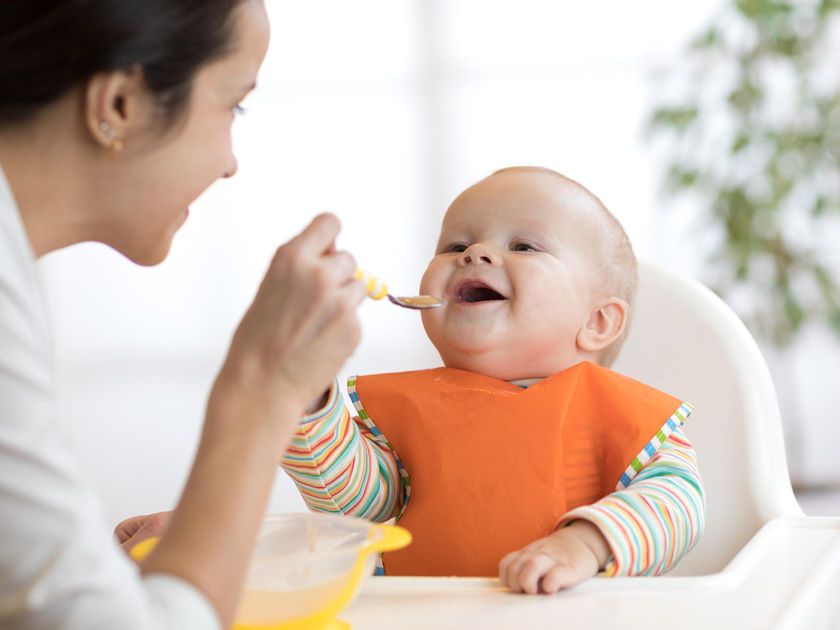
Now, is the time to stock up on disposable plates, cups, and utensils. If you think it’s easier, grab a set of all three things instead. Here’s a biodegradable set.
Dish soapDespite how much we try to avoid doing dishes all together, some things will just need to be washed often.
For instance, if you will be bottle feeding, running out of dish soap is something you will not want to have happen. Treat yourself with a dish soap that’s a little bit nicer.
Related: Postpartum Care Kit Essentials
SpongesSince you will be buying other kitchen essentials for your stockpile, it doesn’t hurt to also grab a pack of sponges.
In fact, sponges should be changed often as they are one of the biggest bacteria reservoirs in our house. Yup, you heard that correctly, the porous surfaces of our sponges allow the food particles and moisture to collect in them, thus becoming an ideal environment for unwanted bacteria formation.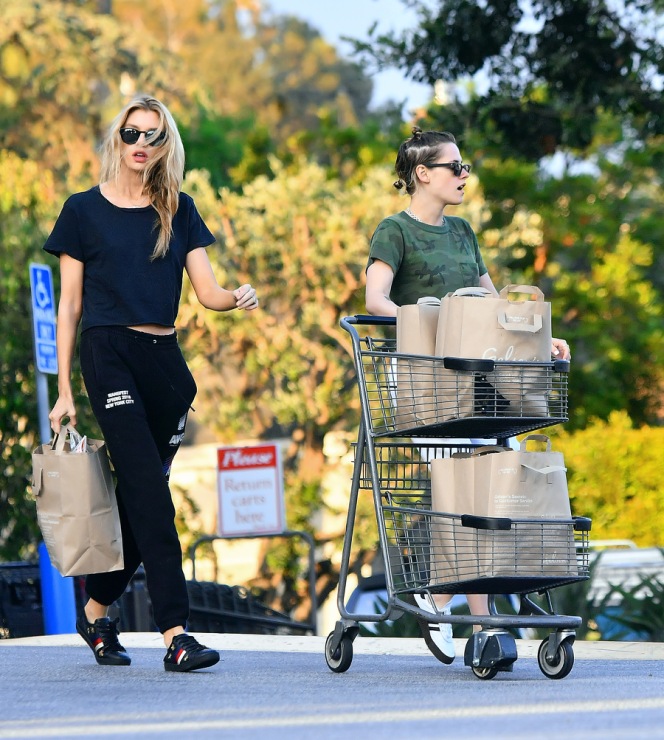
So, stock up on sponges and change them often.
Aluminum FoilAluminum foil can make for easy clean up after meals. If you use it to line your pans before putting them in the oven, make sure to grab a roll or two when you stock up on kitchen household items. Alternatively, you can grab a set like this which includes more than just aluminum foil.
Garbage BagsSomething we tend to overlook is making sure we have extra garbage bags. You will be doing a lot of diaper changing, so garbage bags will become a very important household item to have in bulk. Personally I would not skimp too much on these because you’re definitely going to want something to cover up the diaper smell if you can’t run it out to the street right away. I liked these ones.
GroceriesAlthough not a household item per se, groceries are a crucial part of your “pre-labor stockpile plan”. There are a series of non-perishable food items you can stock up on that have a long shelf life. In addition, you can also opt for foods that you can freeze in bulk.
In addition, you can also opt for foods that you can freeze in bulk.
I’d encourage you to give Amazon Pantry a try, especially if you’re big on shopping online.
Here is a list of groceries that you can buy ahead of time:
- Cereal
- Oatmeal
- Tuna
- Crackers
- Pasta
- Tomato and marinara sauce
- Frozen Veggies
- Frozen fruits (for smoothies)
- Meat (freeze it)
- Grab-and-Go snacks (e.g. granola bars, protein, bars)
- Almond milk (usually lasts months in the fridge- unopened)
Bottled water is another important thing to buy in bulk. If you use bottled water as a drinking source in your home, ensure to buy enough for the first few weeks. In addition, if you are planning to bottle feed, they sell baby bottled baby water which you can also buy in bulk.
Freezer MealsCooking meals will be hard to do with a newborn and as you recover from labor.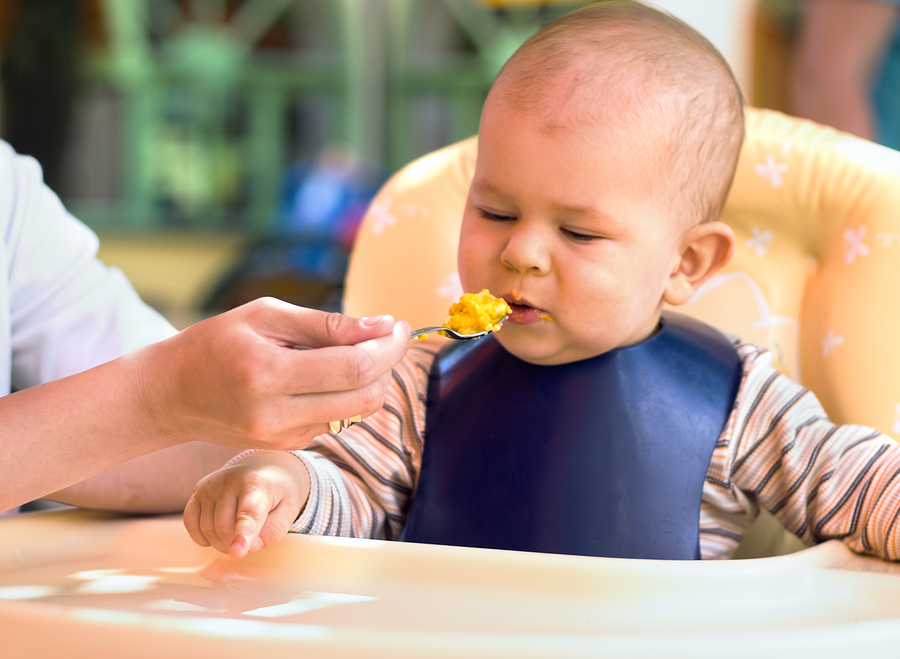
One of the best things you can do to help prepare you for the first few weeks postpartum is to stock up on freezer meals.
Nowadays, you have everything from freezer meals you can buy at your local grocery store to freezer meals that get delivered at your front door on a daily/weekly basis.
However, if you don’t want to spend the money on freezer meals you can make your own.
Here are a few ideas to help you stock up on freezer meal:
Meal prep by chopping all recipe ingredients together and putting them on Ziplock bags in your freezer. Don’t forget to label the bags with the date and recipe name. When ready to eat, simply throw them in your pressure cooker or slow cooker, and voila! Dinner will be served in a matter of minutes (pressure cooker) or hours (slow cooker) without much effort from your end.
Most foods freeze well, in fact some of the most common foods (poultry, meat, veggies) can last a few months in the freezer. You can plan to batch cook a few days/weeks before your due date and freeze them in meal-size portions.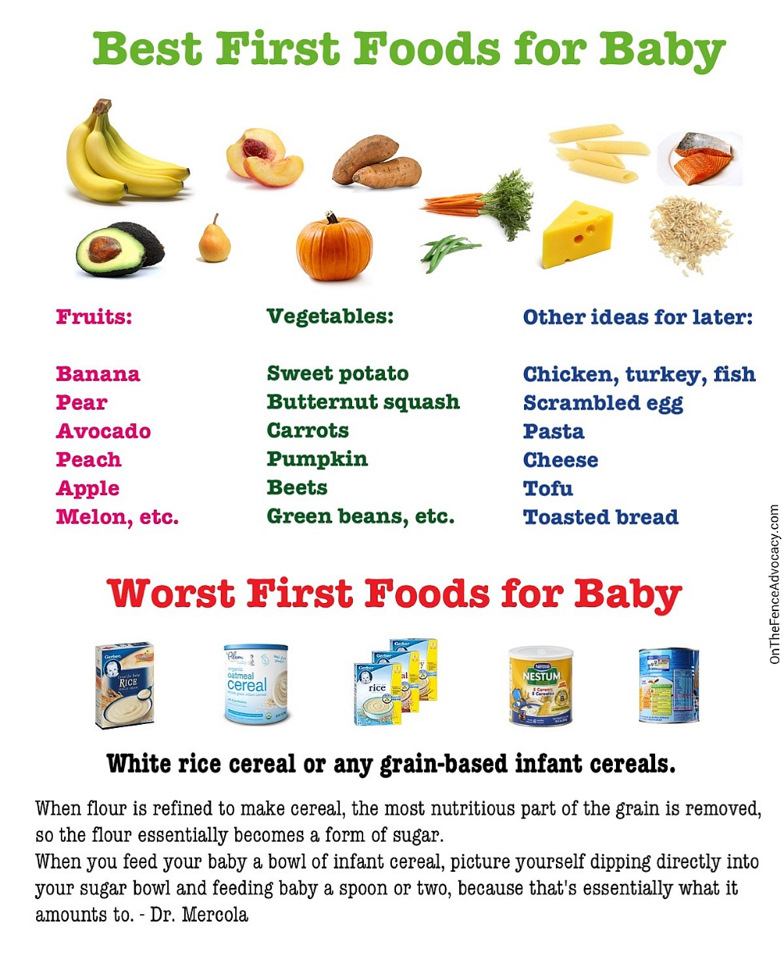 Easy recipes to batch cook are casseroles, lasagna, stews, poultry, veggies, and soups. You can check this Cold Food Storage Chart from FoodSafety.gov for specific information on refrigerating and freezing food safely.
Easy recipes to batch cook are casseroles, lasagna, stews, poultry, veggies, and soups. You can check this Cold Food Storage Chart from FoodSafety.gov for specific information on refrigerating and freezing food safely.
One of the most important things to stock up on before baby arrives is toilet paper. It might seem like an insignificant item… until you RUN OUT! Definitely, a stockpile must.
Tissue PaperTissue paper is always nice to have around. Whether you have the sniffles or use it to clean the baby’s gentle skin, opt for a tissue paper. Keeping a tissue box in your breastfeeding station is also a great idea. God knows things can get messy.
I can never have enough tissue paper. I always keep an open box around the house for easy access.
Shampoo and ConditionerAnother item we often forget about buying is shampoo and conditioner. Although these are items that usually last a while you will be surprised how much of this you can use postpartum.
I remember that during both of my postpartum experiences, I bathed and washed my hair more often than normal.
Between, leaky breast, postpartum vaginal discharge and a whole array of postpartum body changes, trust me, you will want to shower often.
Related: The Ultimate Third Trimester To-Do List
SoapWhether you use soap or body wash, ensure to buy enough to last you a few weeks postpartum.
Toothpaste and MouthwashSqueezing and folding the end of your toothpaste tube isn’t going to make more toothpaste appear! I know, I know… we’ve all done it. But luckily you won’t have too, because you now know to stock up on toothpaste and mouthwash.
LotionA noticeable postpartum body change could be dry and itchy skin. Keeping a good moisturizer at hand will help alleviate and hydrate your skin.
Laundry and Cleaning Supplies Laundry DetergentNews flash… you will be doing a lot of laundry.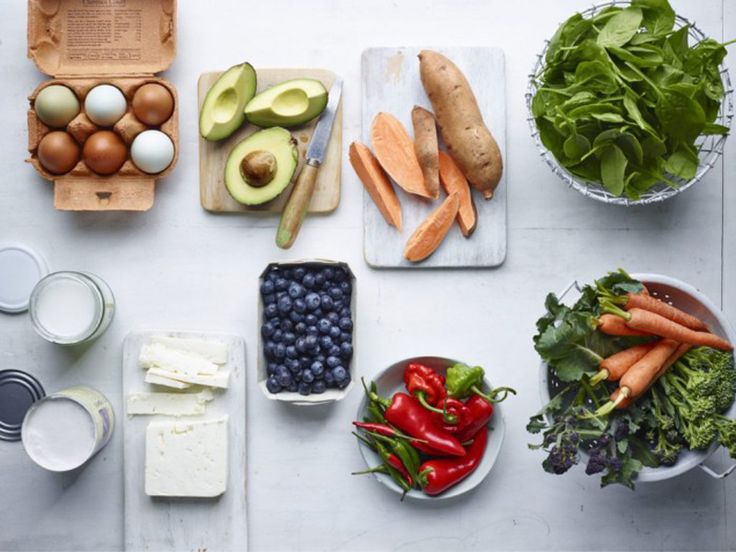 It is fascinating how a tiny human can go through so many clothing changes in a single day.
It is fascinating how a tiny human can go through so many clothing changes in a single day.
Between onesies, burp rags, spit-ups, and diaper leaks, laundry detergent is the one item you are always going to want to have in stock!
Opt for fragrance-free and non-toxic laundry detergent as most conventional laundry detergent can irritate the baby’s delicate skin.
We made the switch to a cleaner and more natural laundry detergent for our kids and now use the same one for the entire family. There’s also laundry detergent made specifically for baby if you’d prefer to go that route.
Sanitizing WipesMesses are imminent with a baby. Clorox wipes are a must on every home with a child. From spills, to cleaning up after your pet, or wiping down furniture and counters after having visitors over… sanitizing wipes is something you don’t want to run out of. If you want to try something other than Clorox wipes, you can try this brand as it’s made for cleaning baby surfaces/toys.
Having a few of these around the house is very convenient. They are very useful for different cleaning tasks and they are very cost-effective as you can keep reusing them.
Medicine Cabinet Hand SanitizerAs a mom and a nurse this is one of my most useful essentials. They are very convenient and effective, especially with a newborn around.
To save money, you can buy the big bottle for a fraction of the cost and refill the regular size bottles you have around the house as they run low.
With that said, hand sanitizers do not replace hand washing, so it important to remember to wash your hands frequently.
Pain RelieversPart of your postpartum recovery process will include relieving pain and discomfort. Having pain relievers at hand is a great idea.
Typically, Tylenol and Advil are safe options, however, always consult with your doctor to see what option is best for you.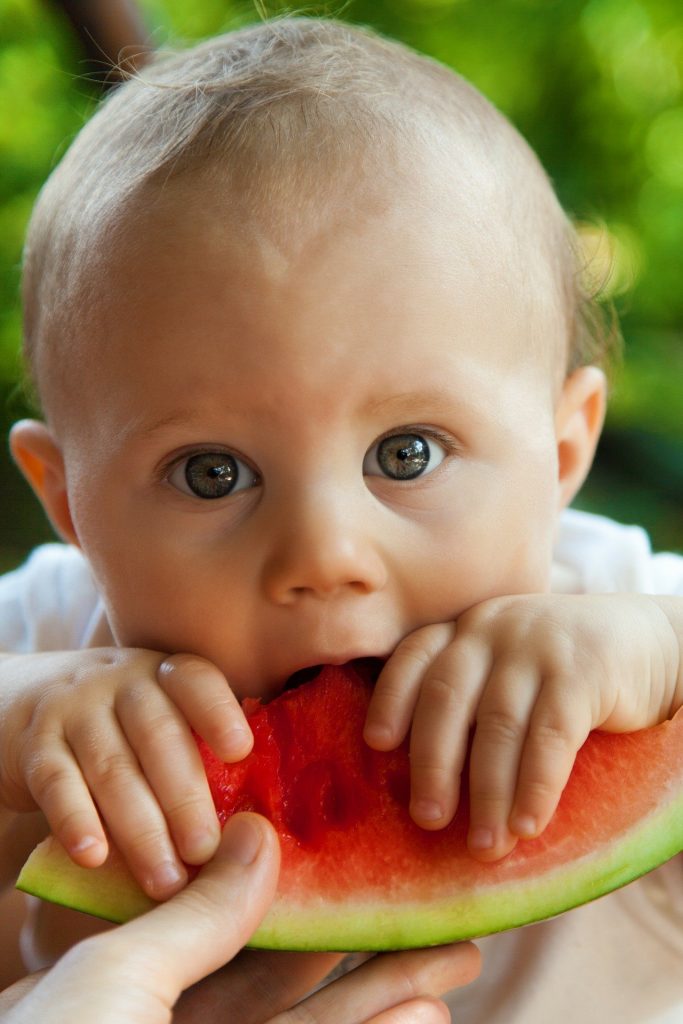
Constipation is a common postpartum complaint. Having a stool softener on hand could be very useful.
MiscellaneousBatteriesBatteries are usually forgotten when it comes to preparing for baby’s arrival, however they will be used quite often.
A lot of baby items including swings, bouncers, and playpens, tend to operate with batteries.
Pet Food and SuppliesLast, but not least, is stocking up on food and supplies for our furry friends. In the frenzy of getting ready for baby it is very easy to forget to cater to the needs of our pets.
So, buy pet food and pet supplies in bulk and don’t to worry about it for the next few weeks.
Additional Tips for Stocking Up and Buying in Bulk Opt for WholesalersThe best places to stock up on household items and groceries are places where they sell things in bulk for a fraction of the cost. Wholesale stores such as Costco and BJ’s are great options. All you have to do is apply for a membership card in-store and enjoy the savings year-round. A lot of parents stock up on baby goods year-round by buying at these stores as well.
All you have to do is apply for a membership card in-store and enjoy the savings year-round. A lot of parents stock up on baby goods year-round by buying at these stores as well.
If you want to get fancy you can also create a stockpile inventory. Simply write the item name and the item count, then reduce the count as you use them. The inventory sheet is a great way to keep track of your stockpile and it alerts you when you are running low on a particular item.
Find Coupons and SavingsCheck online or on your local newspaper for coupons on the most expensive items you are planning on stocking up on. Coupons are great to use when you are buying in bulk as they can save you a lot of money. Also, before your stockpile overhaul, check online for specials and discounts on at least 2-3 stores to see which one will give you the most savings.
Related: When Should I Buy Baby Stuff?
In SummaryOkay, I’ll have to admit, reading this list it feels like I’m getting ready for hurricane season! Well, as South Florida mom I can tell you that both a hurricane and postpartum can often bring on the same emotions.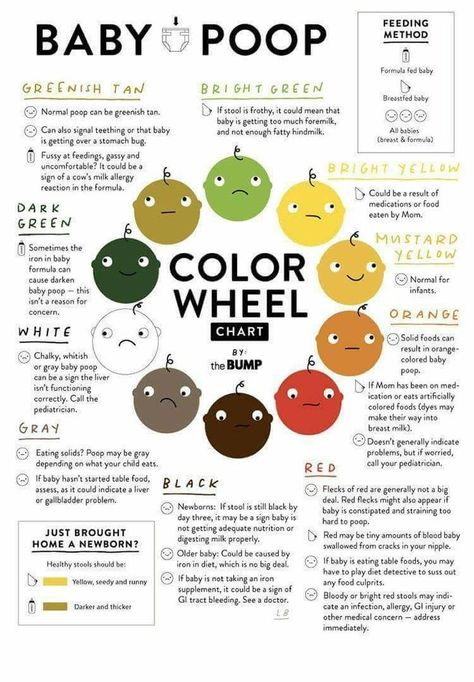 Preparing for the worse and hoping for the best.
Preparing for the worse and hoping for the best.
I can tell you from experience that stockpiling on household items before the baby arrives (and before you even feel like labor is approaching) is one of the best things you can do for your sanity.
Happy and Healthy delivery mama!
Have you started stocking up in anticipation for your baby’s arrival? Tell us in the comments below…
Author’s Bio
Nataly Llanes is a mom of two, a Registered Nurse, and the founder of LovelyMomhood.com. She writes about all things Pregnancy, Parenting and Motherhood. Using her motherhood experience and medical background she helps moms embrace and overcome all stages of motherhood.
339 shares
- Share
- Tweet
The Ultimate List of What to Stock Up On Before Baby Arrives
Here’s what to stock up on before baby arrives so you’re fully prepared! Stock up on these non-baby items before your due date so you have everything you need at home before baby’s debut!
I knew that having a baby meant our lives were going to be a little chaotic those first couple of weeks post birth. I knew it would probably be filled with sleepless nights, learning how to breastfeed, and just generally navigating how to care for this new, tiny little being.
I knew it would probably be filled with sleepless nights, learning how to breastfeed, and just generally navigating how to care for this new, tiny little being.
I’m a huge planner so I wanted us to be as prepared as possible. This included researching when to start buying baby stuff and stocking up on postpartum essentials.
One of the things I did while going through my pregnancy checklist was stock up on household items before our baby came.
I didn’t want to have to send Nick out one evening to grab more toilet paper or laundry detergent. I wanted to have everyday essentials on hand, so we could fully focus on taking care of our baby!
So off to Costco we went to get a big cart full of non-baby essentials. Here is what we stocked up on before baby and why.
If you forget any of these items, (or don’t feel like going to the store in the first place) I’ve included the links to get them online. Gotta love Amazon Prime and the fact that you can have something in a pinch overnight!
Household Essentials to Stock Up on Before Baby
- Toilet paper: Obviously a must have all the time.
 Just stock up on a big pack so you don’t have to worry about buying more later.
Just stock up on a big pack so you don’t have to worry about buying more later. - Paper towels or napkins: Seems like we always need these for wiping up spills, eating, etc.
- Laundry detergent: Babies come with a lot of spit up. I did several loads of laundry those first few months.
- Dishwashing detergent: The pods make it super easy to toss in and start a load.
- Hand soap: Wash up after all those diaper changes!
- Sanitizing wipes: I love using these to quickly wipe down the bathroom counters before guests visit.
- Trash bags: For all the diapers, wipes, paper plates, etc.
- Dog food: Don’t forget about your first baby!
- Batteries: Stock up on basics like AA and AAA, but also odd ones like 9V. A ringing smoke detector can make a postpartum mama go nuts!
- Thank you cards: Catch up on last-minute thank you cards and get ready to send more.
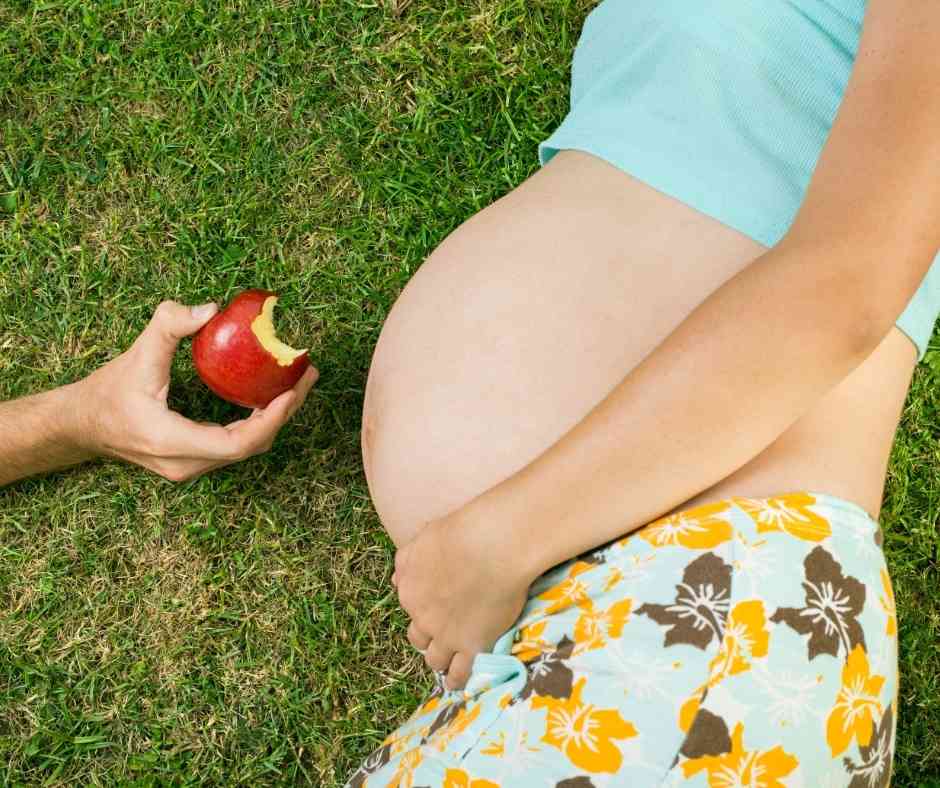 We had several people bringing gifts as they met our daughter for the first time.
We had several people bringing gifts as they met our daughter for the first time. - Stamps: To send all those thank you cards in the mail.
- Ibuprofen: And any other over the counter medicine you might need in a pinch.
- Hand sanitizer: For all the people who want to come over and hold your newborn baby. Clean hands first please.
- Aluminum foil: To cover up any leftover meals guests bring over.
- Freezer bags: To save fruits and veggies.
- Slow cooker liners: Make cleanup easy for those frozen meals you reheat.
- Household cleaning supplies: To wipe down any surfaces quickly after meals.
Toiletries
- Shampoo: That hot shower post hospital stay will feel amazing.
- Toothpaste:Brushing your teeth may be the one hygiene you keep up for a bit.

- Body soap:I always like buying soap in bulk so we never run out.
- Dry shampoo: For when showers don’t come easy.
- Deodorant: See above!
- Razors and shave cream: For you and hubby.
- Chapstick: Can you ever be without this? I can’t!
- Face wash and moisturizer: I don’t trust my hubby to get the right kind if I have to send him out in a pinch.
Grocery Essentials to Stock Up On Before Baby
Stock up on basic pantry essentials so you have them on hand, as well as some fresh foods to help you power through the first couple of weeks.
- Coffee: The only thing you really need!
- Coffee filters: Plus these depending on your coffee maker type.
- Coffee creamer: Because black coffee is no good.
- Boxed pasta and jarred marinara: For a quick meal.

- Easy side dishes: Like rice, beans, and frozen vegetables.
- Cooking oils: We use olive oil almost daily, even for quick meals.
- Bread: And any other staples in your kitchen.
- Peanut butter: Whip up a sandwich in a pinch.
- Easy frozen meals: In between people bringing you food, it’s nice to have convenient meals ready to go.
- Lunch meat: You can eat it now that you’re no longer pregnant!
- Fresh fruit: Make sure you take care of yourself and grab some fresh produce here and there. Nursing moms need their nutrients.
- Crackers: And other easy snacks you can grab.
- Cereal and milk: Sometimes it’s all you need to hold you over.
- Butter: Even easy meals like Mac and Cheese will need a little butter.
- Wine: Okay don’t go crazy buying several bottles, but you might want a glass here or there and it’s a lot better to have it now then have to run to the store at 3 p.
 m. with newborn in tow.
m. with newborn in tow.
Items to Make Life Easier
- Paper plates: I didn’t want to do many dishes those first few weeks.
- Tupperware: For all the leftovers when friends and family bring meals.
- Frozen meals prepped in advance: My husband and I had an afternoon where we made about 15 frozen meals when I was pregnant. We ate them in between friends bringing us meals and it was a lifesaver to not have to cook!
Items for Postpartum
Check out my big list of postpartum essentials that can help you feel like yourself again after birth and list of breastfeeding supplies to make nursing easier. Those lists include items for your physical and mental health after baby. Here’s a few postpartum necessities from that list to add to your shopping list.
- Postpartum Belly Band: After pregnancy, your uterus will involute, and your organs will slowly return to position, typically around six weeks post-pregnancy.
 Being able to wear the Mamaway Postpartum Belly Band right after giving birth will help support your muscles/core and loose skin, aiding your postpartum recovery.
Being able to wear the Mamaway Postpartum Belly Band right after giving birth will help support your muscles/core and loose skin, aiding your postpartum recovery. - Maxi pads: The hospital will also give you several of these, but having some comfortable ones at home can’t hurt.
- Loose or high-waisted underwear: Depending on the kind of birth you have.
- Stool softener: The hospital will likely provide this as well, but it’s good to have on hand.
- Peri bottle: Makes clean up below way easier postpartum.
- Numbing spray: Perfect for sensitive and hard-to-reach areas.
- Padsicles: Make your own with this padsicle tutorial or pick some up to help with down-there pain!
Baby
Okay, I know this list is called non-baby items to stock up on before baby, but just in case you don’t already have these items, throw them in your cart while you are out and about.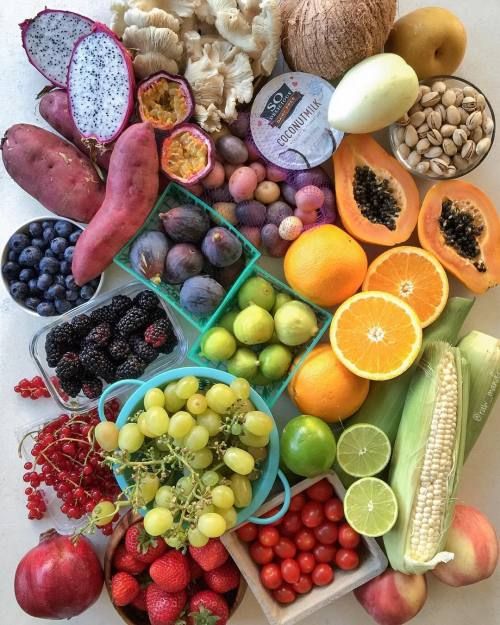
- Diapers: Make sure you have some in newborn and size one. Babies grow fast!
- Diaper wipes: So many diaper changes the first few months.
- Diaper pail refill bags: Read above!
- Disposable diaper bags: In case you venture out of the house you’ll want these mini bags to keep the smell contained if you do a diaper change in the car.
Now that you have your list, head to your favorite store, (or fill your online shopping cart) and stock up on these goodies. You’ll be so glad you don’t have to worry about these things once baby is home with you!
- Author
- Recent Posts
Amy Motroni
I'm Amy and I'm so glad you've stopped by! As a Certified Pediatric Sleep Consultant, my goal is to walk you through the process of getting your baby to sleep, so your whole family gets the rest they need!
My blog is full of things to help you celebrate motherhood including baby nursery ideas, sleep schedules and sleep tips, fun printables, baby registry must-haves, and so much more.
Latest posts by Amy Motroni (see all)
List of things for a newborn - What you need for a newborn baby for the first time
The birth of a baby is a long-awaited, but at the same time exciting moment for the whole family, and especially for the expectant mother. In the process of preparing for childbirth, you need to do a lot: not only prepare mentally and physically, learn a lot of new information, but also make important purchases.
It is best to decide on the list of what is needed for the newborn in advance: so the likelihood of forgetting or missing something is much less than you do it a few weeks before the birth. The last month or two of pregnancy will be much more comfortable and more useful to dedicate to yourself, calm walks, positive emotions and concentration on the upcoming important event than shopping. Shopping, even through online stores, is a tedious process, especially when it comes to a list of things with the serious title “What you need for a newborn baby. List!".
List!".
However, not everything is as complicated as it might seem at first glance: the main thing is to properly organize the process. And, first of all, all upcoming purchases should be divided into two blocks:
-
Things to buy before the baby is born.
-
Things that can be postponed for a while - you will buy them after the baby is born.
This approach will help to effectively distribute not only the efforts and time of parents spent on shopping, but also reduce the one-time burden on the family budget.
Some of the things for the crumbs can be started to be purchased in advance, without postponing for the last months of pregnancy. This will give you more time to explore different offers and choose your “brands”, as well as avoid impulsive purchases (at least some of them).
Baby room items:
-
Crib (it is best to choose a wooden one), a carousel and a few rattles.
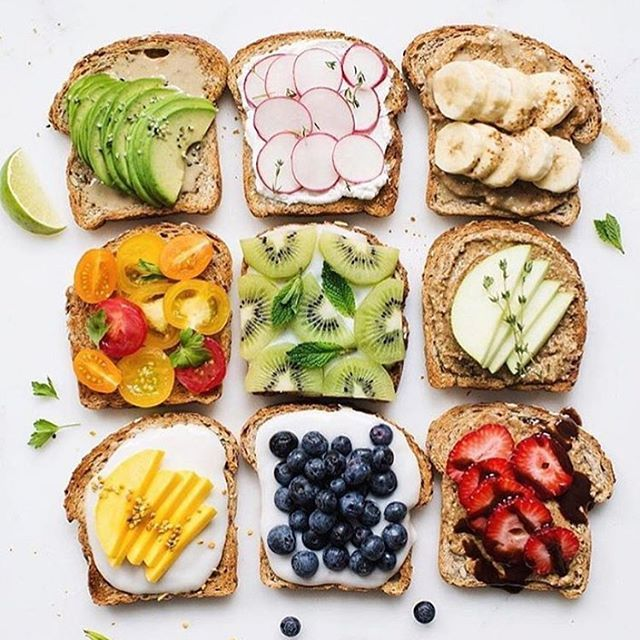
-
Crib mattress. Children's mattress should be orthopedic, firm, with natural filler.
-
Mattress cover. This accessory will significantly extend the life of the mattress.
-
A set of bed linen. Only natural fabrics are allowed
-
Blanket.
-
Changing table or variations.
-
Lamp for a newborn. Lighting is very important for the baby, it is best to choose a customizable "smart" lamp, which can also be used as a night light. The advantage of such lamps is that you can set the operating mode of the device that is convenient for you (on time, brightness level, gradual light set). A good option that combines all the useful features is the AGU sun lamp.
Bathing articles:
Hygiene and health:
-
Means for the treatment of the navel.
-
Cotton pads, sticks with limiters.
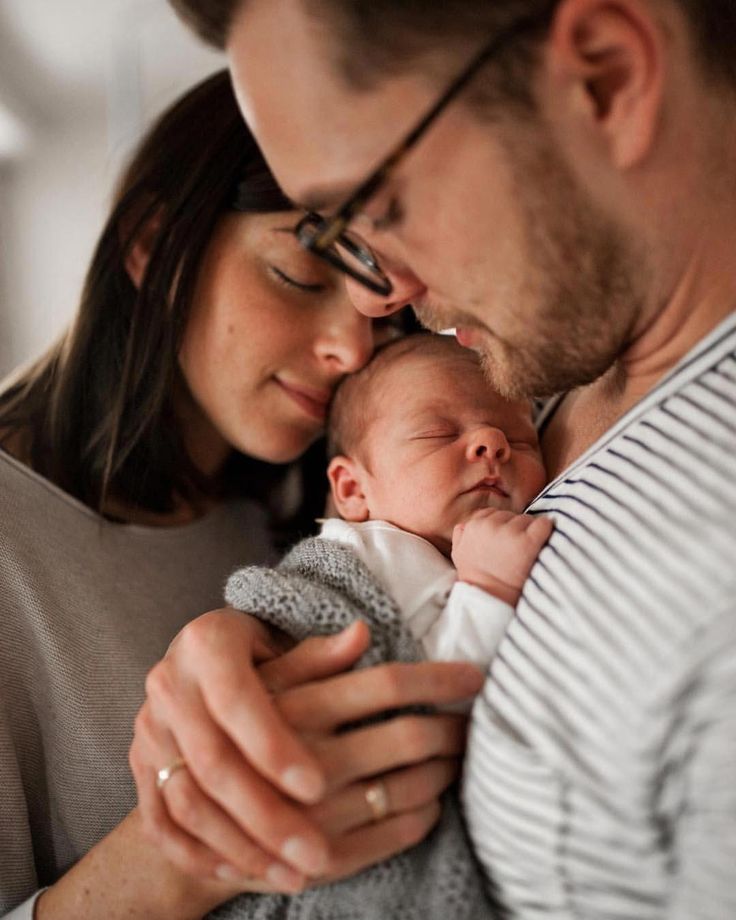
-
Aspirator. It is best to choose an electronic nozzle pump: with such a device, it will be possible to remove mucus from the baby’s nose as efficiently and safely as possible. AGU aspirators are specially designed for babies and will be a good helper for parents.
-
Scissors with rounded tips
-
Thermometer for determining body temperature. The non-contact infrared device AGU will be the most comfortable and safe option for a newborn. (contact also works). It is good if the thermometer has a function for determining the ambient temperature and the surface of the water.
-
Scales. At first, it is important to control the weight of the newborn; modern models of baby scales that save data and send them to the smartphone app are perfect for this. So there will be no need to record measurements, the dynamics will be visible in the phone.
-
Diapers are a small pack. You should not immediately buy a large one: you need to check whether these disposable diapers are suitable for a child.

Cosmetics
Choose trusted manufacturers with good compositions!
Feeding
Clothing
You shouldn't buy a lot of clothes - newborns grow quickly, but the following things will definitely come in handy:
Walks and trips
-
Stroller.
-
car seat.
-
Clothes and toys. All basic clothes (except for the most necessary) can be purchased after the birth of the crumbs, especially since relatives and friends will surely give you a lot of clothes. The same goes for toys.
Nipples and pacifiers. Only in practice will you understand that your child does not take a latex pacifier, for example.
-
Breast pump (if needed).
-
Nursing bra. With lactation, the breasts increase, you can choose the correct bra size only after childbirth.

-
Nebulizer. The device with mesh technology will be the most convenient - in such devices, medicines are not destroyed, inhalations will be carried out as efficiently as possible. AGU mesh nebulizers are compact, silent, operate both from the mains and from batteries.
-
Baby monitor.
The right approach to organizing the shopping process will make the preparatory chores as enjoyable as possible!
Childbirth from preparation to the postpartum period
Preparation for childbirth
Of course, childbirth is a natural process, but preparation for this important crucial moment is necessary. Proper preparation for childbirth will prevent physical and emotional stress, reduce the likelihood of complications, and speed up the process of mom's recovery after childbirth.
What should this training include, what should it be directed towards?
Knowledge. What scares us the most is the unknown. Studying the theoretical foundations of childbirth, a detailed explanation of what will happen and how, medical answers to questions will help get rid of this fear. Such classes should be conducted by an obstetrician-gynecologist, to whom you can ask any questions, share anxieties, and find out disturbing moments.
Studying the theoretical foundations of childbirth, a detailed explanation of what will happen and how, medical answers to questions will help get rid of this fear. Such classes should be conducted by an obstetrician-gynecologist, to whom you can ask any questions, share anxieties, and find out disturbing moments.
Psychological preparation. Psychoprophylactic preparation for childbirth is carried out starting from the first visit of a pregnant woman to a antenatal clinic. However, special classes are carried out from the 30-week period every 10 days - a total of 5 classes. The main task that is solved during psychoprophylactic preparation is to remove the feeling of fear during childbirth, which lowers the threshold of pain sensitivity.
School of fathers. Not only mom, but dad also needs preparation - dad will need both baby care skills, and massage techniques that he can help by being present during childbirth, and conversations with a psychologist.
Skills. This includes relaxation exercises between contractions, breathing exercises, which will later reduce pain during childbirth, and facilitate attempts. Massage and self-massage techniques will allow you to help yourself in the initial period of childbirth.
Massage and self-massage techniques will allow you to help yourself in the initial period of childbirth.
In addition to labor pain relief, classes teach pregnant women the correct behavior during childbirth (following all the instructions of medical personnel, the ability to push, understanding the need for a doctor to examine the birth canal after childbirth, etc.). This contributes to the normal course and prevention of complications of the birth act. Sanitary and hygienic training, which is part of the complex of physioprophylactic preparation of pregnant women for childbirth, includes issues of lifestyle, work and rest, rational nutrition, personal hygiene and the use of natural factors that have a beneficial effect on the body.
In addition, it will be useful for the expectant mother to learn the skills of caring for a newborn child, to learn the secrets of breastfeeding.
Gymnastics. Physical preparation for childbirth begins early and continues throughout pregnancy. Exercises and complexes that are available and useful for pregnant women are in Pilates, callanetics, yoga, and aqua aerobics. By combining them, an experienced exercise therapy instructor gets an excellent system that helps improve mood and well-being, cope with back and joint pain, optimize metabolism, prepare the body for childbirth and restore shape after childbirth.
Exercises and complexes that are available and useful for pregnant women are in Pilates, callanetics, yoga, and aqua aerobics. By combining them, an experienced exercise therapy instructor gets an excellent system that helps improve mood and well-being, cope with back and joint pain, optimize metabolism, prepare the body for childbirth and restore shape after childbirth.
Morning exercises can be done by all healthy women, but during pregnancy it is necessary to exclude jumping, running, lifting weights. Classes should be feasible, aimed at strengthening the abdominal muscles and perineum, not cause overstrain, overwork.
The best option for conducting effective physical education classes is teaching a pregnant woman a set of exercises by a methodologist or a specially trained midwife in a antenatal clinic. To check the correctness of the exercises, it is necessary to contact the methodologist in the antenatal clinic once every 2-3 weeks.
Air baths and hydroprocedures (showers, wet rubdowns), which are elements of physical culture, are very useful. Systematic physical education during pregnancy contributes to a more favorable course of childbirth, a decrease in perineal tears and a significant reduction in complications in the postpartum period.
Systematic physical education during pregnancy contributes to a more favorable course of childbirth, a decrease in perineal tears and a significant reduction in complications in the postpartum period.
Biofeedback method. We will take it out as a separate paragraph, because it is unusual and not known to everyone. This is a non-drug, painless and safe method of teaching the mechanisms of self-regulation of any organs and systems, which allows you to consciously use the huge functionality of the body. The method works great in preparation for childbirth, helping to cope with fears and psycho-emotional stress, master proper breathing, learn to voluntarily relax muscles and reduce pain.
How does childbirth go
Almost every woman is afraid of giving birth for the first time. It is difficult for her to imagine how it will be, what will actually happen. She does not know how doctors will and should behave, will they do everything right? It is these questions that torment a woman towards the end of pregnancy before the upcoming birth.
The very first piece of advice that can be given to a future mother is to attend a maternity school, which is located at the antenatal clinic, or choose a private school. It is there that they will explain how childbirth goes, how many hours it lasts, what you need to be afraid of and how to behave. If the expectant mother did not think about this school at one time, then this article will be especially useful to her.
Harbingers of the first birth
Before the imminent birth, a woman should pay special attention to her condition: notice when her stomach hurts, how much back pain intensifies, this will help her understand that childbirth is very soon. Perhaps the woman decides to go to the maternity hospital in advance in order to be in the safe hands of doctors from the very beginning.
Many people are skeptical about this and do not want to spend time in the hospital, but this is not as bad as it seems. Mom will be calmer if the child's life is under the control of doctors, especially if there are any indications for premature hospitalization.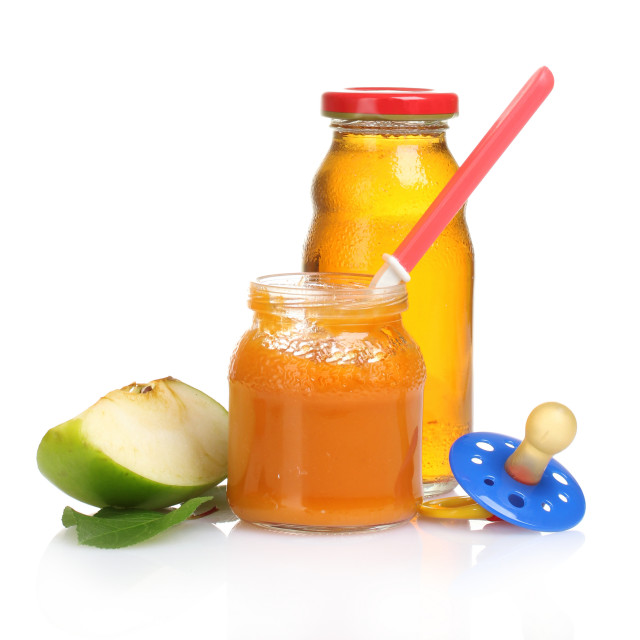
Condition before childbirth
- Difficulty walking, lower back pain
- Insomnia
- Loose stool possible
- Fetus less mobile
- Poor appetite
- Often there are false contractions - painful, but not regular contractions of the muscles of the uterus
- Mucus plug comes off one or two days before delivery. She looks like gooey and thick slime
How long does childbirth last for the first time
Even before the start of childbirth, a primiparous woman needs to tune in to the fact that the first childbirth lasts from ten to twelve hours. If you are giving birth for the first time, then childbirth will last an average of 8-18 hours. Repeated births last less, approximately 5-6 hours. Therefore, it will be necessary to be patient and tune in to long-term contractions. Childbirth is generally divided into three phases.
The first is contractions and dilatation of the cervix. It is the longest.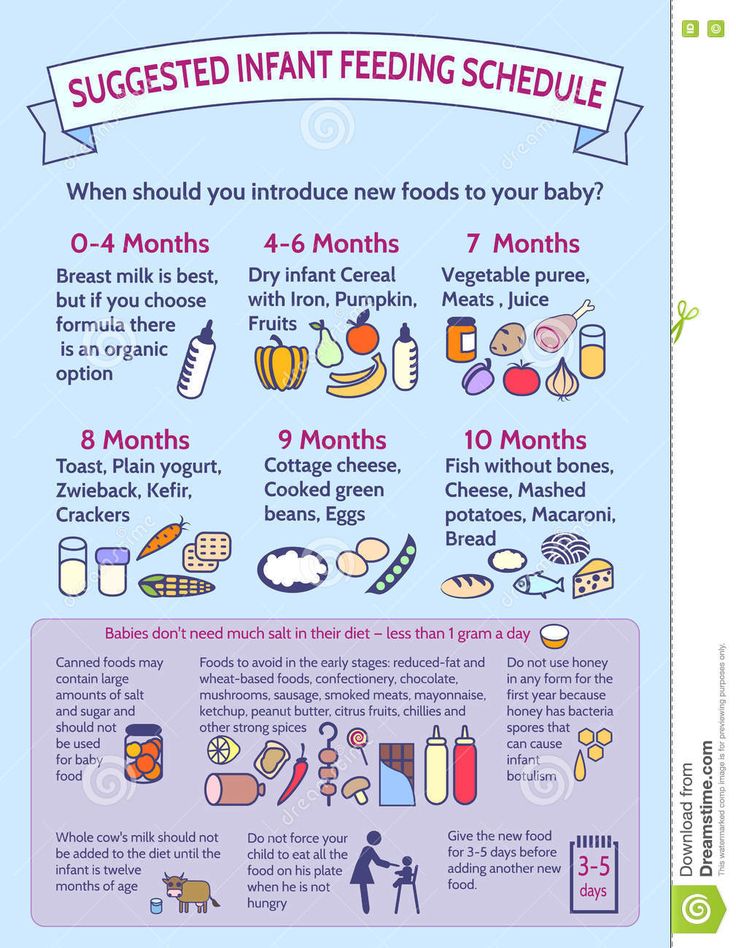
The second is the expulsion of the fetus.
The third is the birth of the afterbirth.
First phase
The contractions of a woman who gives birth for the first time are strong and long. They usually start with abdominal pain or severe back pain. At first they last for a few seconds, the break is up to 30 minutes. They are painful after a certain period of time. As a result, contractions and pain intensify, and the pause between them is reduced. There is a break between contractions, at which time the muscles of the uterus rest, which means they gain strength.
During the cervical dilation period, the midwife or doctor will observe the intensity of contractions, the nature of cervical dilatation, the degree of advancement of the baby's head in the pelvic tunnel, the baby's condition. Once your uterus has fully opened, you will be transferred to the delivery room, where a new phase of labor will begin, during which your baby will be born. By this time, that is, at the height of labor activity, contractions are repeated every 5-7 minutes and last 40-60 seconds.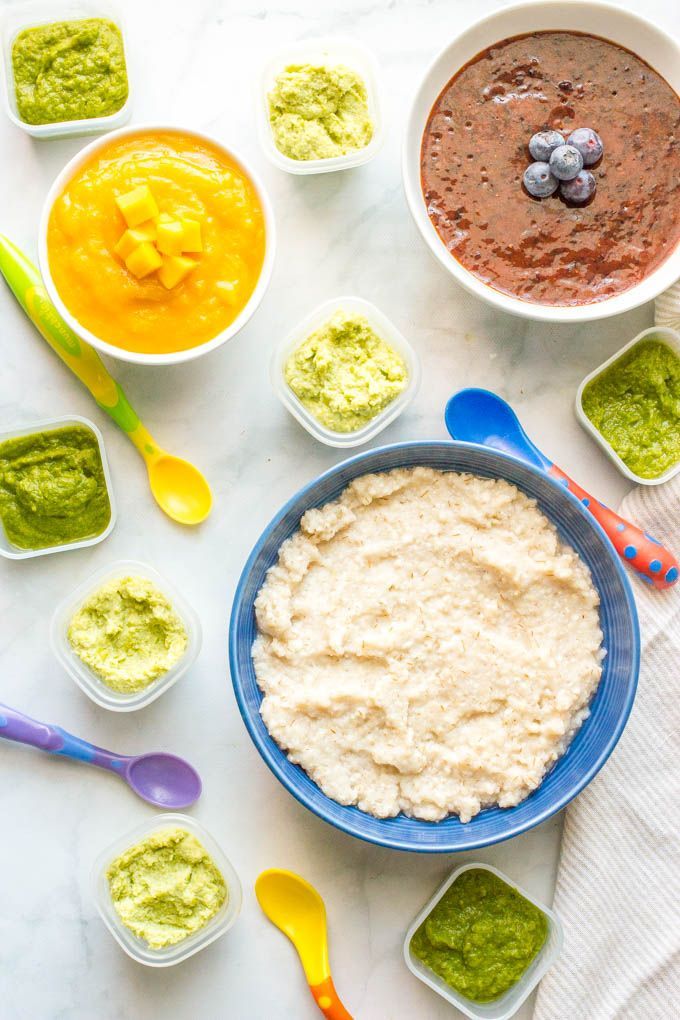
Naturally, contractions cannot be stopped, this is a natural process in which the cervix opens. How to endure painful contractions?
Tips
- Before giving birth, you need to learn special breathing, which relieves pain during contractions. You need to learn either at school or on your own using video lessons.
- During a contraction, it is necessary to rub the lower back or lightly tap on it, this will distract from the pain.
- You can wash your face with cool water to keep your strength and not fall apart, as strength will be needed during childbirth.
When the cervix dilates twelve centimeters, the second phase of labor will begin.
Second phase
During the second stage of labor, your baby is born. It is much shorter than the first one: 20-25 minutes for the first birth and a little less for subsequent ones.
After the cervix has opened completely, then under the weight of the amniotic fluid, the fetal bladder should burst, this is the discharge of water from the woman. But still, this is not a rule, since the body of all women is different. It happens that the water breaks during contractions. And for some women, the water does not go away on its own and, for one reason or another, they pierce the fetal bladder with the help of medical instruments. You should not be afraid of this, as it is completely painless and will not bring any harm to the child.
But still, this is not a rule, since the body of all women is different. It happens that the water breaks during contractions. And for some women, the water does not go away on its own and, for one reason or another, they pierce the fetal bladder with the help of medical instruments. You should not be afraid of this, as it is completely painless and will not bring any harm to the child.
As a result of contraction of the uterus and simultaneous contraction of the muscles of the thighs, the abdominal wall, attempts begin. That is, the child begins to move along the birth canal. During this period, attempts are added to contractions - contractions of the muscles of the abdominal wall and diaphragm. The main difference between attempts and contractions is that these are arbitrary contractions, that is, they depend on your will: you can delay or intensify them.
With each contraction, the baby's head appears more and more, and at some point you will be asked not to push, but to breathe quickly and shallowly, since one extra attempt now can sharply push the baby's head out and cause a rupture of the perineum. After the head comes out, the midwife releases the baby's shoulders one by one, and the rest of the body comes out without difficulty.
After the head comes out, the midwife releases the baby's shoulders one by one, and the rest of the body comes out without difficulty.
Tips
- Listen to what the doctor says and follow his commands.
- You can't get lost, you need to focus on childbirth, because you have to work hard.
- It is necessary to think only about the good. The fact that the baby will be born soon, so thoughts of pain need to be driven away.
- Sometimes labor activity weakens or is not intense enough from the very beginning, it is very dangerous for the child, so if the doctor suggests stimulant drugs, you must agree.
After the baby is born, the umbilical cord will be cut, washed, weighed and height measured. For a woman, the birth of a child is not the end of childbirth, so there is still a third stage.
Third phase
After the birth of a child, the woman must deliver the placenta. This period in primiparas from repetitives differs in time. In primiparas, the placenta departs ten or twenty minutes after the baby, and in multiparous, after half an hour at most. When, after the expiration of time, the birth of the placenta does not occur, the doctor performs an operation - manual separation of the placenta.
In primiparas, the placenta departs ten or twenty minutes after the baby, and in multiparous, after half an hour at most. When, after the expiration of time, the birth of the placenta does not occur, the doctor performs an operation - manual separation of the placenta.
Tips
- You need to relax mentally and rest.
- Tell the doctor if there is severe pain anywhere.
- After giving birth, be sure to hold ice on the stomach, as directed by doctors, this will help contract the uterus and stop bleeding.
After that, the mother and child will be transferred to a ward where they will be observed for several days. If all goes well, the newborn and mother will go home on the fifth day. The main thing is not to be afraid and pull yourself together, because a lot depends on the mood of the mother. Childbirth is a natural process that any woman can endure.
Postpartum
Postnatal Unit
After delivery, our patients are placed in the Postpartum Obstetric Physiology Unit.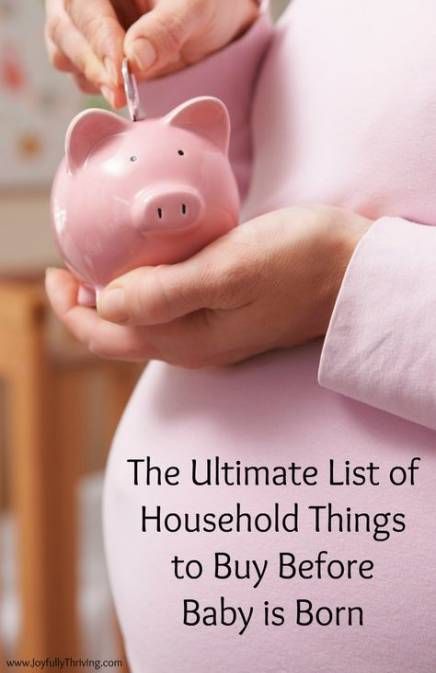
A newborn in our maternity hospital stays with the mother in the postnatal ward. Pediatric neonatologists and nurses explain and help young mothers learn the rules of caring for a newborn.
The department has single rooms with improved conditions of stay, as well as "Lux" rooms, consisting of two rooms, one of which is a mother with a child, the other is for guests.0003
Every day, mothers receive training in newborn care, postpartum hygiene, and if necessary, qualified psychological and legal assistance can be provided.
Vaccination is carried out only with written consent and in the presence of the mother. Children are vaccinated against hepatitis "B" (in the first 24 hours of a child's life) and tuberculosis (weakened BCG-M vaccine on the 3rd day of life).
Before discharge, all women undergo uterine ultrasound and a clinical blood test. Upon discharge from the maternity hospital, recommendations are given on possible methods of contraception, taking into account the nature of concomitant extragenital diseases and the method of delivery.
With a favorable postpartum period for the puerperal and early adaptation period for the newborn, discharge home occurs on the 3rd day after birth, on the 5th day after the caesarean section.
All children are examined according to the program during the 1st month in the pediatric center. In the maternity hospital, there is the possibility of observing the child according to various programs in the pediatric center.
The department employs experienced, caring staff who help women easily adapt to her new condition and facilitate the care of a newborn.
The staff of the postpartum department is a team of like-minded people, in which the exceptional friendliness, respectful attitude of employees create a particularly warm atmosphere.
Breastfeeding
Our maternity hospital has a program of "support and encouragement of breastfeeding", "technologies" of proper feeding, information is provided on the benefits of natural breastfeeding. The child is applied to the mother's breast immediately after birth, directly in the delivery room.
The child is applied to the mother's breast immediately after birth, directly in the delivery room.
A mother's milk is ideal for her baby. It contains a large amount of immunoglobulins that protect the child from infections and allergies until his own immune system begins to work at full strength.
Our maternity hospital does not provide supplementary feeding. It is prescribed only by a neonatologist if the weight loss of the child is greater than is physiologically accepted, i.e. more than 10% per day.
Milk comes, as a rule, 2-4 days after birth. In the first days after childbirth, to establish and maintain lactation, you need to drink plenty of fluids (up to 2 liters of fluid per day).
Proper feeding technique
- Mouth open wide and lips pulled back.
- The nipple is located deep in the newborn's mouth, with its tip in the very back of the mouth.
- The child's lips and gums are pressed against the areola.
- The lower lip must be turned inside out.
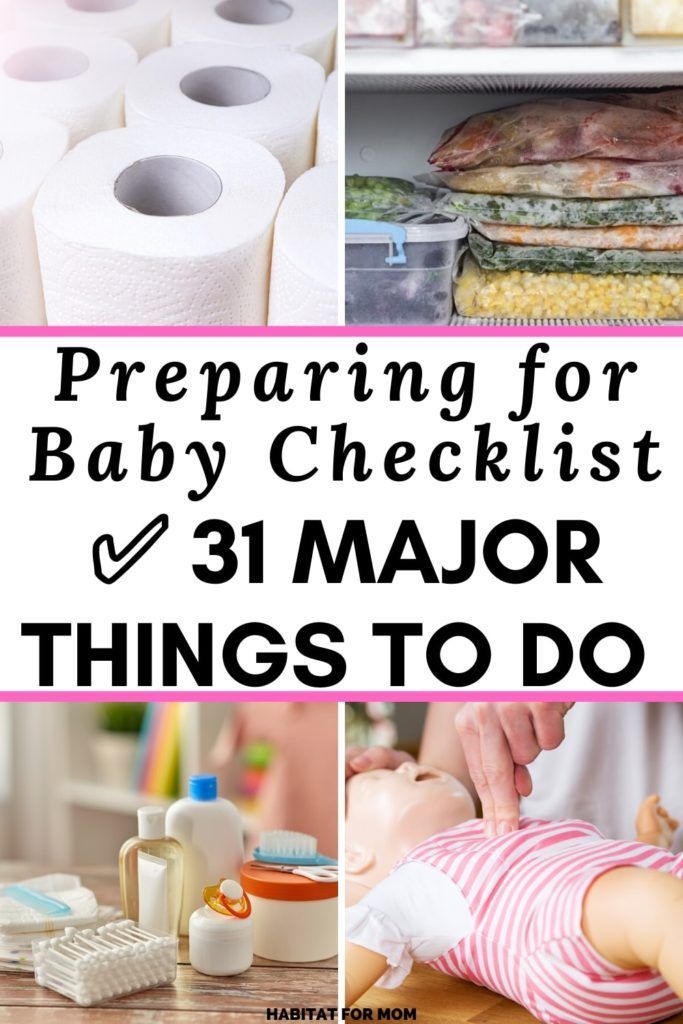 The child should take not only the nipple, but also the areola, more from below than from above.
The child should take not only the nipple, but also the areola, more from below than from above.
This technique promotes better emptying of the mammary gland, eliminates injury to the nipples, and also prevents the baby from swallowing air.
When breastfeeding, you can eat: meat (lean beef or pork), chicken, turkey, fish (cod or flounder), eggs (2 times a week), cereals (buckwheat, oatmeal, rice), wholemeal bread, butter or vegetable oils, milk, dairy products, vegetables, fruits (bananas, green apples).
When breastfeeding, it is not recommended to consume: red vegetables and fruits (tomatoes, red apples, strawberries, etc.), citrus fruits, sweets, sweets, chocolate, seafood, spicy spices, garlic, onions, celery. Alcoholic drinks, carbonated drinks, coffee, cocoa.
Other articles
The doctor told at what age they will give birth in 10 years
The desire to fulfill the dream of motherhood will be as long as the world exists.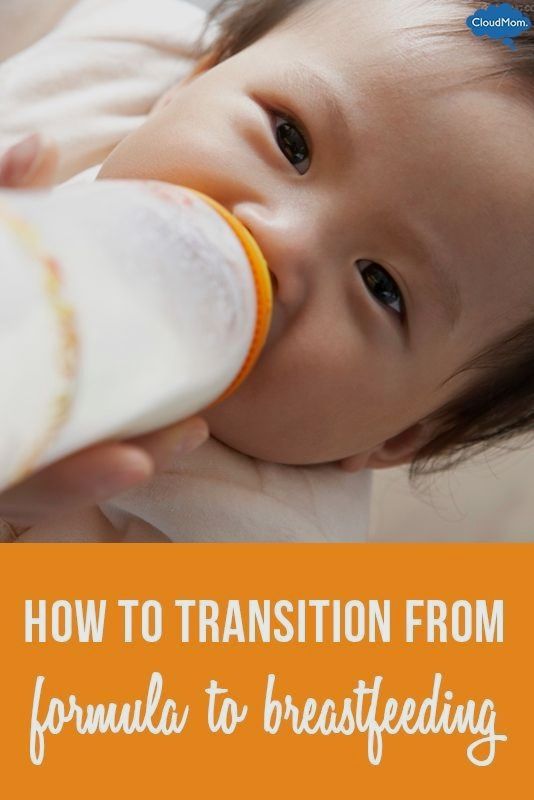 A woman of the 21st century stands on the same level as a man in achieving career growth. It is only after reaching full perfection in the business sphere that most couples think about having a baby. This, of course, is not the only reason for postponing the birth of children until a later time, but the trend towards an increase in the age of women who decide to become mothers is worldwide.
A woman of the 21st century stands on the same level as a man in achieving career growth. It is only after reaching full perfection in the business sphere that most couples think about having a baby. This, of course, is not the only reason for postponing the birth of children until a later time, but the trend towards an increase in the age of women who decide to become mothers is worldwide.
Pregnancy and childbirth after 35
The desire to fulfill the dream of motherhood will be as long as the world exists. A woman of the 21st century stands on the same level as a man in achieving career growth. It is only after reaching full perfection in the business sphere that most couples think about having a baby.
Modern methods for diagnosing fetal hypoxia in childbirth using direct fetal ECG
An increase in the percentage of caesarean sections does not improve perinatal parameters. Nowadays, in the USA, England and Sweden, in order to record a direct fetal ECG, a direct scalpel electrode is used, which allows you to record the fetal ECG during childbirth.